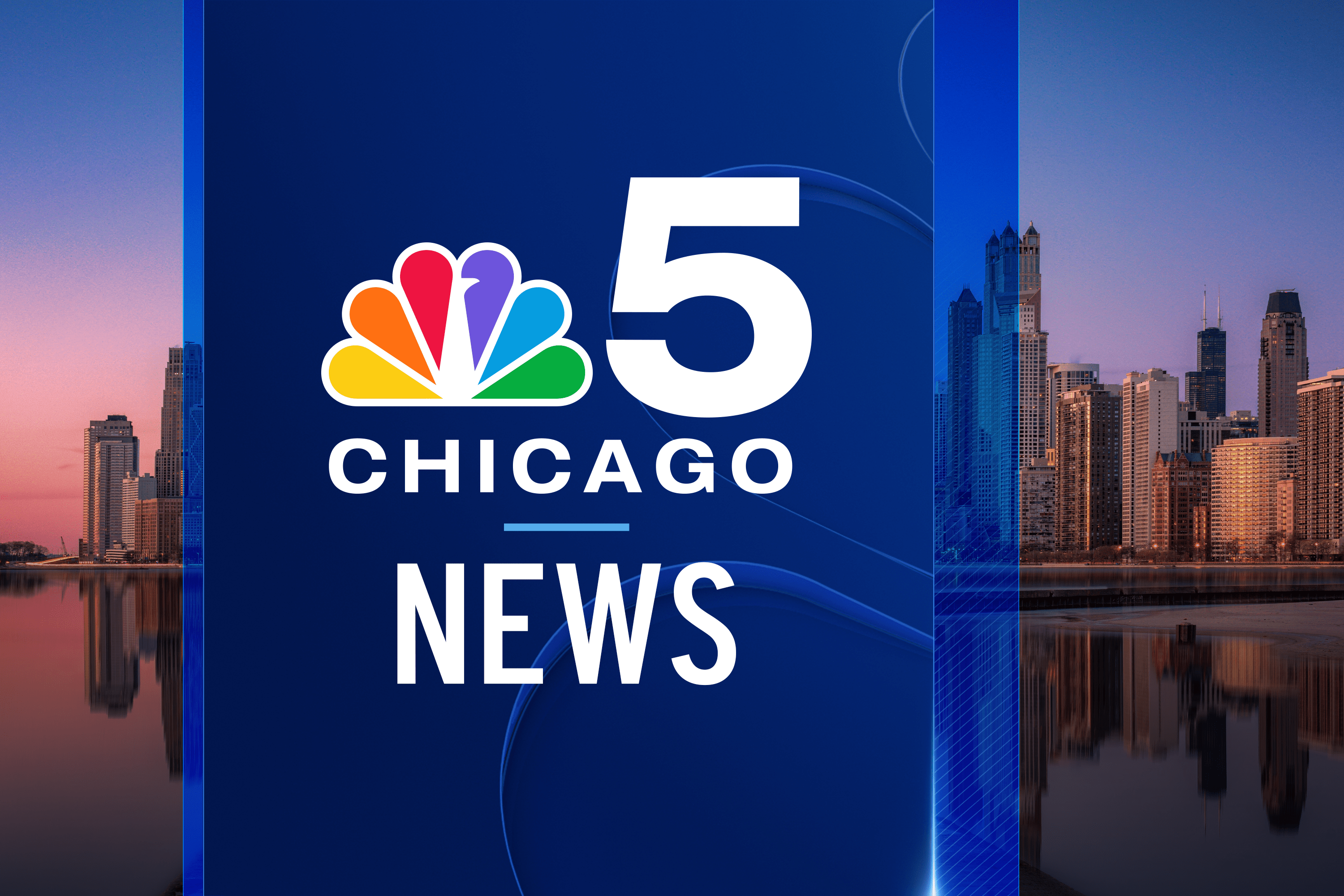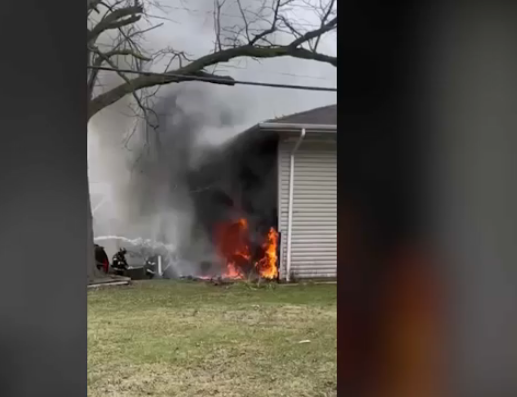Everyone, it seems, is for raising the minimum wage in Illinois in one form or another. The only question is: how much?
If some lawmakers in Springfield have their way, Chicago won’t have the opportunity to decide for itself where to set a city-wide minimum wage. Legislative leaders, including Speaker of the House Mike Madigan and Senate President John Cullerton, are testing the waters to gauge support for a home rule exemption that would require Chicago to adhere to whatever level the state as a whole decides is best for the minimum wage.
That could put a roadblock in plans for everyone from Mayor Rahm Emanuel to progressive alderman and community advocacy groups that seek a minimum wage for Chicago higher than the $10 an hour currently being pushed statewide.
The Illinois Minimum Wage Increase Question was on the November 4, 2014 ballot in Illinois as an advisory question, where it was approved by a margin of 66 percent to 33 percent. The measure asked voters whether they supported increasing the Illinois hourly minimum wage to $10 by January 1, 2015.

However, a task force set up by Mayor Emanuel has recommended Chicago adopt a $13 minimum wage by 2018. Earlier this year, a group of aldermen in City Council introduced an ordinance to boost the city’s wage floor to $15 an hour, arguing that while $13 was a step in the right direction, more was needed to help pull working families out of poverty in the city.
Yet, pivoting off the advisory referendum approved by voters on Election Day, a version of a bill sponsored by Madigan that calls for $10 an hour statewide could be voted on in the upcoming veto session of the General Assembly. It's believed that Madigan and Cullerton are polling state legislators to determine whether any legislation that reaches the floor should include language that removes Chicago’s “home rule” control over setting its own minimum wage—thereby requiring Chicago to abide by whatever the state decides.

For their part, advocates of a higher minimum wage in Chicago are furious at the move.
“That politicians in Springfield waited until after their election to float blocking Chicago’s minimum wage increase is disingenuous and destructive,” said Alderman Proco “Joe” Moreno (1) a lead sponsor of the ordinance calling for $15 an hour, said in a statement. “A minimum wage increase of $15 would generate hundreds of millions in new economic activity. Chicago needs $15 now.”
Advocacy groups and volunteers who have been active around the issue are also calling on Springfield to avoid requiring the city to adopt the statewide minimum.
Local
“It’s outrageous that elected officials, who are supposed to be representing the interests of working families, are moving to lock hundreds of thousands of Chicago working families into poverty wages,” Amisha Patel, Executive Director of Grassroots Collaborative, said in a press release. “We insist that Chicago maintain its home rule status, so that we can decide for ourselves what our minimum wage should be.”



